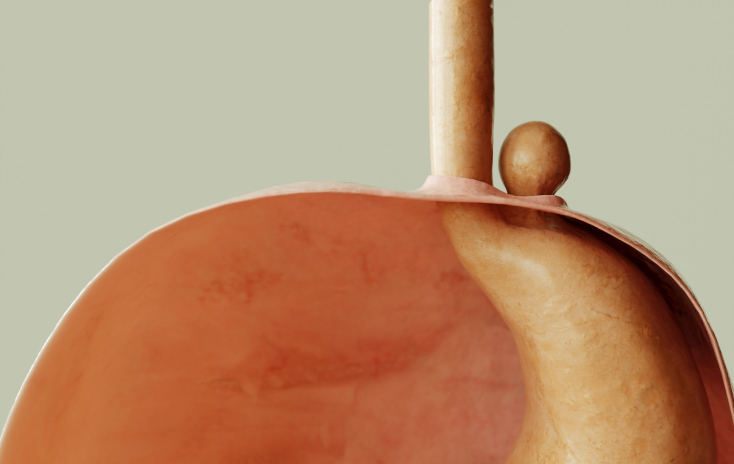Your Colorectal Health, Our Priority
With our comprehensive suite of screening services and treatment options, our experienced colorectal specialist and medical team promise you peace of mind whilst ensuring a strong and healthy colon.


What IsA Hernia?
A hernia is a condition in which an organ becomes displaced and protrudes through a cavity in the surrounding tissue (fascia) or muscle containing it. It is caused by a combination of fascia or muscle weakness and excessive pressure. Here, the strain is what pushes the organ through an opening (weak spot).
Improper lifting of heavy loads, chronic diarrhoea or constipation, persistent coughing or sneezing, obesity, smoking and overall poor nutrition can all contribute to hernias. In addition, age, pregnancy, injuries, and surgery may result in muscle weakness, which, in turn, leads to hernias.
Hernias not only result in an unsightly bulge; it may even result in complications should the organ get trapped in the cavity.
Seek medical attention should you notice symptoms.
Types Of Hernias
Types Of Hernia Surgery
Risks Of Hernia Surgery
In the hands of an experienced surgeon, hernia repair is an extremely safe and established procedure.
Post-Surgical Care
For the first few days following hernia repair, pain and swelling around the surgical site are expected. These can be managed with simple rest or medicines, and typically go away within a week.
In some cases, the patient may be prescribed to wear an abdominal binder or bandage to provide support to the abdominal and hip areas. These, plus additional dressings, may need to be worn 24/7 or replaced, according to the doctor’s advice.
Light exercises and sexual activities may be resumed after one or two weeks. By now, many patients will also be able to go back to work and resume their regular routines. However, patients should refrain from strenuous activities and heavy lifting for at least 4 to 6 weeks after the treatment.
Ho Kok Sun Colorectal is a one-stop colon and rectum centre specialising in the management of colorectal conditions such as hernias, haemorrhoids, colorectal polyps and colon cancer.
Our Colorectal SurgeonColorectal Specialist

Dr Ho Kok Sun
Consultant Colorectal & General Surgeon
MBBS (Singapore), M Med (General Surgery) (Singapore)
FRCS (General Surgery) (Edinburgh), FAM (Singapore)
Dr Ho Kok Sun has been treating hernias for over a decade and was the past President of the ASEAN Society of Colorectal Surgeons and the Society of Colorectal Surgeons (Singapore), as well as a founding member of the Eurasian Colorectal Technologies Association. Dr Ho was actively involved in the training of medical students and residents, and has published widely in reputable journals and book chapters. He believes that treatment should always be personalised to the patient’s needs.

